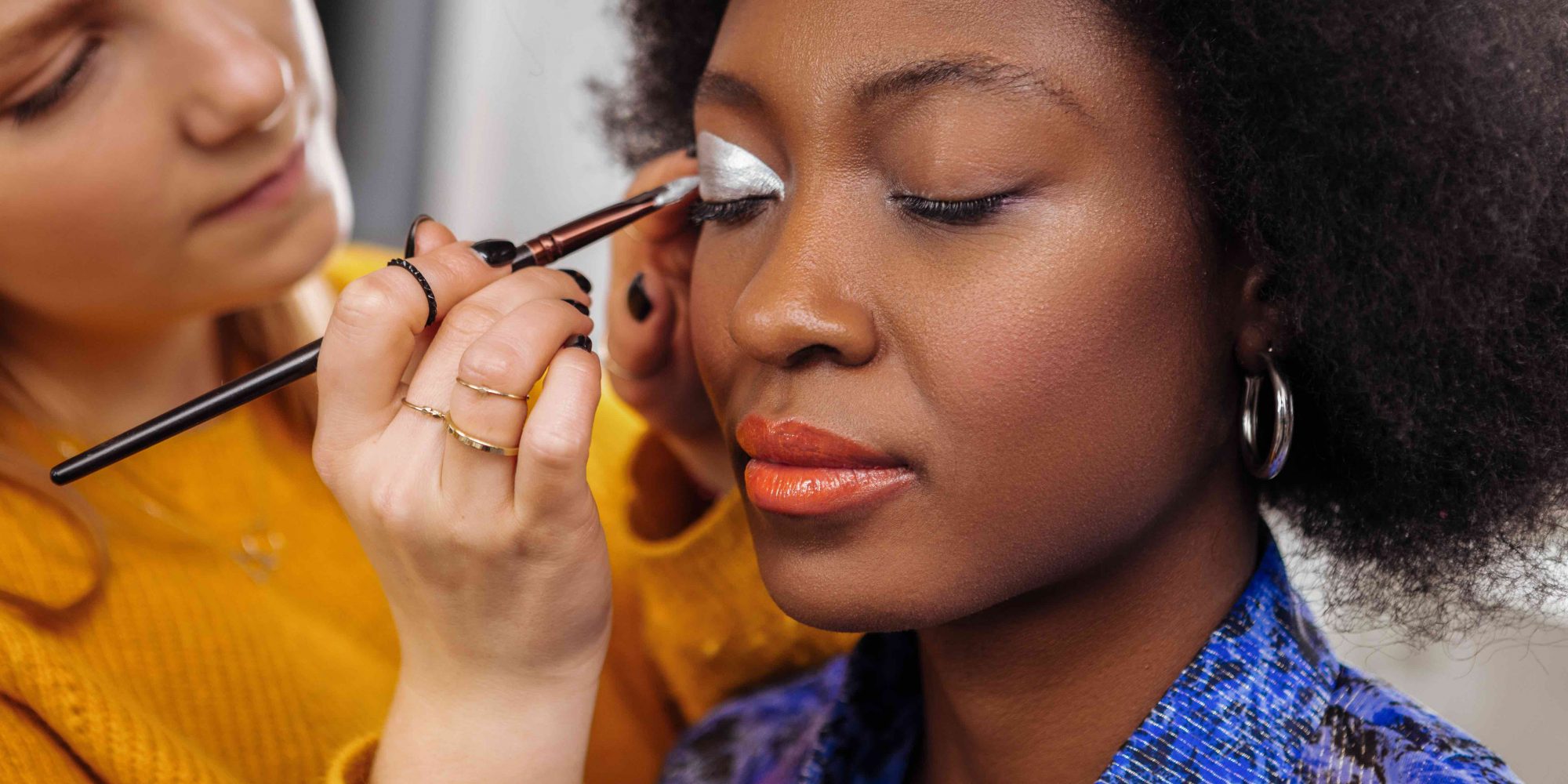
What Smaller Brands And Retailers Can Learn From Sephora’s Diversity Training
In April, the pop singer SZA tweeted that a Sephora employee called security on her while she was shopping at a store in Calabasas, Calif.
Following the incident, Sephora closed its locations for an hour-long diversity training on June 5 timed with the retailer’s “We Belong To Something Beautiful” campaign and in development for more than six months. The training wasn’t universally well-received, with critics wondering whether the one hour of education it provided was sufficient.
“This store closure is part of a long journey in our aspiration to create a more inclusive beauty community and workplace, which has included forming employee resource groups, building social impact and philanthropic programs, and hosting inclusive mindset training for all supervisors,” said Sephora in a statement about the training. A spokesperson for Sephora elaborates, “This one training is not the first and only action Sephora is taking to foster belonging at the corporate and store level.”
While Sephora offers a high-profile example in the beauty industry, it’s racial profiling problem and effort to address it isn’t unique. Smaller beauty retailers and brands also encounter systemic societal issues, and they’ve been watching the fallout from Sephora’s diversity training initiative to figure out how to avoid the retailer’s missteps and make diverse groups of shoppers feel comfortable patronizing their businesses.
Committing to welcoming a diverse shopping base isn’t a quickie activity. Inclusivity experts argue an hour of diversity training isn’t enough to ensure companies and their staffs fairly accommodate consumers of color. Mark Kluger, an employment lawyer who conducts diversity training for managers, says, “I always recommend to employers that want to change their cultures or just protect against litigation that effective programs must be rolled out gradually over time.” LGBT and inclusion expert Kryss Shane, who, similar to Kluger, conducts diversity training, advises companies to plan trainings at regular intervals and train employees individually each time they are hired or promoted.
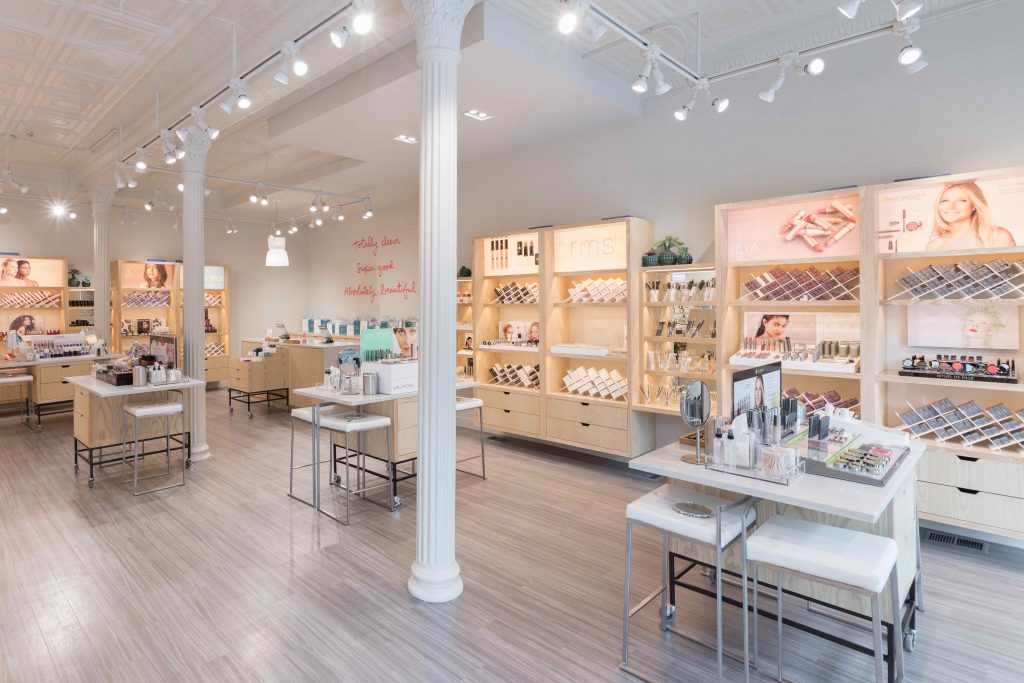
A program’s success isn’t just about its length or frequency, though. Even extensive diversity training programs often fail because employees get defensive and shut down, says Kluger. It’s important for the people conducting them to speak in an approachable manner and not judge people for their prejudices. In addition, companies have to confront implicit bias along with overt acts of prejudice and practice what they preach by putting people of color in leadership, emphasizes Shane.
Shane continues that diversity training may be logistically easier for smaller companies because they have fewer people to manage. Yet, most independent brands aren’t executing diversity training. They may not find it necessary, don’t believe the sizes of their workforces justify it or don’t feel they have the bandwidth or budget to hold it.
“I always recommend to employers that want to change their cultures or just protect against litigation that effective programs must be rolled out gradually over time.”
Although they mostly skip trainings, smaller, newer beauty firms report they’ve built diversity into their missions from the beginning. Unlike gigantic companies such as Sephora with massive bureaucracies that can be slow to implement updated policies, emerging independent brands have the advantage of being able to start off with fresh ideas at the core of their models, says Karen Wallington, co-founder of Noggin Oil. The scale care brand is co-founded by Brian Phillips, a person of color, and his loctician, Wallington, who both have dreadlocks. It creates products for sectioned hair, and is dedicated to featuring diverse models in social media and marketing.
“Big companies are so behind when it comes to inclusivity because the market has been divided since forever, and it’s difficult to implement changes on a large scale, and people buy what is innately familiar to them,” says Wallington. “But times are changing rapidly. Families are blending more and more. Social media creates global awareness. That’s why small businesses will always have an edge up.”

Many beauty brand founders insist that, while they haven’t carried out formal diversity training, respect for diversity is important in the selection of their companies’ employees. Ren Wu, co-founder of nail art brand Maniology, says, “Since our brand’s mission is to ‘empower creativity no matter what background you are or what styles you love,’ accepting and respecting diversity is very much a prerequisite to be part of our team.”
Building a diverse team has been key for Dawn Dobras, CEO of the clean beauty retailer Credo. “We believe that the best way to reflect diversity is to put diversity into positions of leadership,” she says. “We look at diversity with a wide scope, including race, gender, sexual orientation, working parents, people over 50, etc., so we can be most reflective of the wide customer base that we have today.” Seven out of Credo’s nine store managers are women, people of color and/or LGBT, and Dobras stresses that diversity is integral to Credo’s onboarding and ongoing communication procedures.
“Beauty has become one of the most dynamic and inclusive industries, where people from every race and ethnicity want to take care of their skin, but have different concerns. Also, they want to see people in their stores that not only understand this when giving advice, but look like them and can relate.”
Dan Robbins, co-founder of OC Facial Center and a native of the Philippines, holds monthly trainings during which employees learn about the state of the industry and talk about customer feedback. The monthly sessions often touch upon diversity. “We don’t typically need to do something specifically only on diversity inclusion,” he says. “It is more about being a part of meetings and making sure that you consistently have that included. If you build a culture around it, I don’t think you need to necessarily have meetings all the time if it’s baked into the identity of your brand.”
However, Shane says hiring for diversity and having it as an element of company goals aren’t enough. “While you may know what percentage of new hires identify as being a member of one or more marginalized groups, do you know how those employees are doing while working for your company?” she asks. “How are they feeling about the workplace? How are they receiving supervision? Are their opportunities for professional growth equal to those of majority employees? There are so many ways in which diversity impacts the workplace that not having ongoing consideration does the company a significant disservice.”
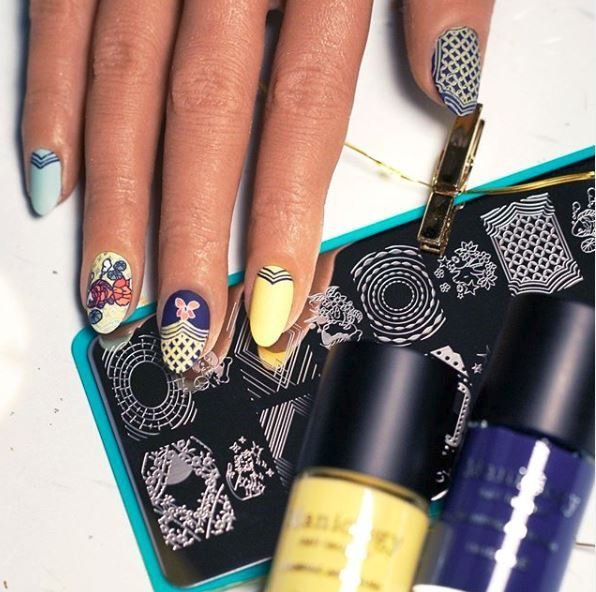
Shane points out brands need to consider how their products serve people of color, given that the industry has traditionally focused on white consumers. Brands like Fenty Beauty have demonstrated concentrating on diversity is good for sales as well as the conscious. Because of the beauty industry’s wide reach, Robbins suggests companies in it can’t ignore specific demographic segments if they’re to thrive.
“Skincare and beauty has become one of the most dynamic and inclusive industries, where people from every race and ethnicity want to take care of their skin, but have different concerns. Also, they want to see people in their stores that not only understand this when giving advice, but look like them and can relate,” he says. “Companies need to do a better job in their marketing in order to show the world beauty is for everyone.”
Key takeaways
- Sephora recently came under fire for an incident of alleged racial profiling involving the pop singer SZA, which fueled a discussion about prejudice in the beauty industry.
- Sephora held a one-hour diversity training program on June 5 that was criticized as insufficient. Inclusivity experts agree with the critics that an hour isn’t enough.
- Many smaller brands believe they have an advantage when it comes to diversity because they have built it into their companies from the ground up.
- Most emerging beauty brands don’t conduct formal diversity training programs, figuring diversity is part of their hiring processes and products, so formal training isn’t needed. They also feel they lack the budget and bandwidth to hold diversity training sessions.
- Inclusivity experts argue regular diversity education is necessary, even if diversity is integral to a company’s hiring and product development processes.



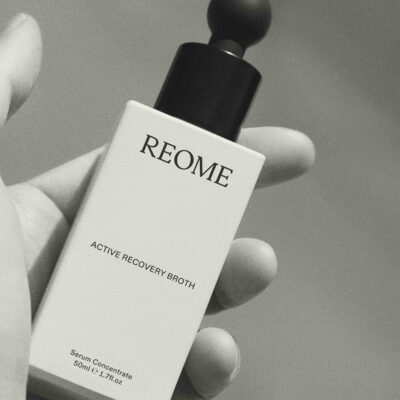
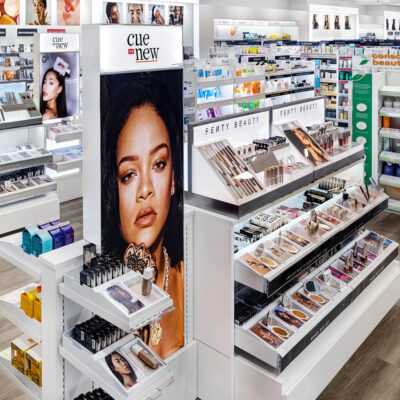
Leave a Reply
You must be logged in to post a comment.